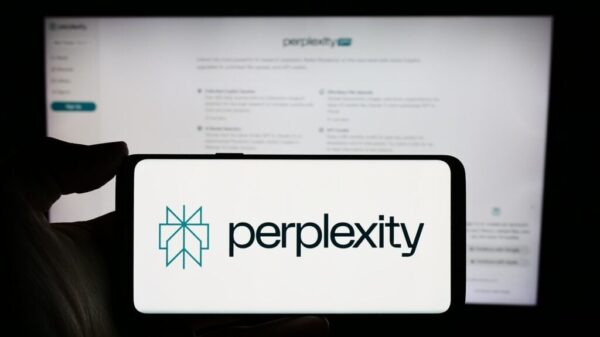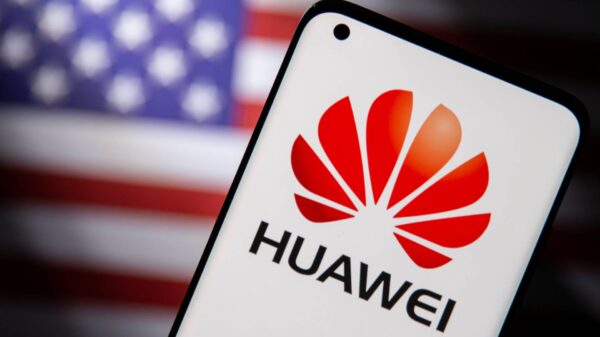Brendan “PlayerUnknown” Greene, the visionary behind the groundbreaking game PlayerUnknown’s Battlegrounds (PUBG), has recently voiced his perspective on the growing debate surrounding the use of generative AI in the gaming industry. In a candid conversation with Eurogamer, Greene expressed his satisfaction with the gaming community’s robust resistance to AI’s encroachment in game development, stating he is “heartened” by the backlash. He emphasizes a critical point: gamers desire creations “built by artists,” highlighting the intrinsic value of human creativity in gaming.
Diving deeper into the conversation, Greene clarified that his studio does not utilize large language models (LLMs) in their world-generation technology. “We don’t use LLMs, so I’m not super worried about backlash,” he noted, adding that although LLMs have their applications, the essence of game design lies in enabling artists to sculpt their worlds according to their vision. Greene’s words resonate particularly in today’s climate, where the gaming community is scrutinizing the implications of AI technologies in their beloved medium.
This sentiment is echoed across the industry. The usage of generative AI in prominent titles like Call of Duty: Black Ops 7 has ignited significant public outcry. Influential voices, including Californian Congressman Ro Khanna, have publicly challenged companies like Activision, advocating for regulations to prevent the use of AI technologies that could jeopardize jobs while simultaneously maximizing profits. Khanna’s assertion underscores a crucial concern: the ethical dimensions of integrating AI in an industry that thrives on human ingenuity and labor.
The Artistic Integrity of Gaming
Greene’s reflections tap into a broader discourse regarding the balance between technology and artistry in gaming. As generative AI tools become increasingly sophisticated, they pose both opportunities and threats. On one hand, AI can automate mundane tasks, potentially freeing artists to focus on higher-level creative decisions. On the other, there’s a palpable fear that reliance on AI could dilute the unique artistic expressions that define individual games.
As Greene highlighted, the desire for authenticity in gaming experiences is paramount. The push for artworks generated by human hands rather than algorithms indicates a longing for a connection between the player and the creator. This connection fosters a richer gaming environment where players feel the impact of the artists’ intended messages and narratives.
The controversy surrounding AI’s role in gaming is not isolated. Various sectors are grappling with similar challenges. As AI technologies proliferate, their implications reach into the realms of creativity, ethics, and labor. Striking a balance between leveraging these innovations and preserving human artistry remains a critical conversation across all industries.
What’s Next for Greene and His Studio
Aside from addressing the community’s concerns about AI, Greene has also shared exciting updates regarding upcoming projects from his studio. The first title, Prologue: Go Wayback!, is set to launch soon, and a subsequent game is reportedly in the pipeline, featuring ambitious 100v100 player battles. These forthcoming titles aim to reinforce Greene’s commitment to player engagement and artistic integrity.
As the landscape of gaming evolves, the implications of technology—especially generative AI—will continue to spark debate. Greene’s stance serves as a reminder of the importance of preserving creativity in an industry that thrives on imagination. The gaming community’s response to these developments will play a crucial role in shaping the future of both AI and artistic expression within the realm of video games.
See also Insurers AIG and WR Berkley Seek Exclusions for Corporate AI Risk Coverage
Insurers AIG and WR Berkley Seek Exclusions for Corporate AI Risk Coverage IAB Australia Launches LLM Prompting Guide to Enhance Marketing AI Strategies
IAB Australia Launches LLM Prompting Guide to Enhance Marketing AI Strategies Amy Redford Criticizes AI-Generated Tributes, Urges Transparency in Mourning Practices
Amy Redford Criticizes AI-Generated Tributes, Urges Transparency in Mourning Practices Google’s Gemini 3 Launches with Unmatched Multimodal Capabilities, Surpassing Competitors
Google’s Gemini 3 Launches with Unmatched Multimodal Capabilities, Surpassing Competitors SoulGen Launches 2.0 with 38.2% Improvement in Human Motion Accuracy and 73.7% in Color Fidelity
SoulGen Launches 2.0 with 38.2% Improvement in Human Motion Accuracy and 73.7% in Color Fidelity



























































